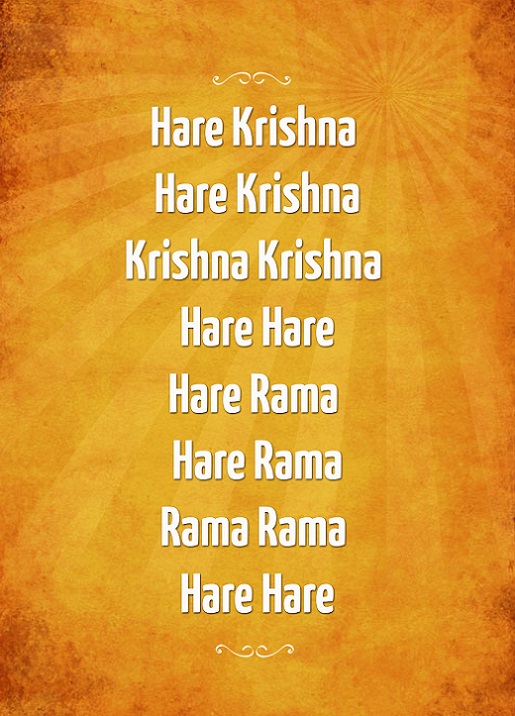Queen Kṛtyadyuti's co-wives, who had poisoned the child, were very much ashamed, and they lost all their bodily luster. While lamenting, O King, they remembered the instructions of Aṅgirā and gave up their ambition to bear children. Following the directions of the brāhmaṇas, they went to the bank of the Yamunā, where they bathed and atoned for their sinful activities.
PURPORT
In this verse the word bāla-hatyā-hata-prabhāḥ is to be particularly noted. The practice of killing children has existed in human society for a long time—since time immemorial—but in the days of yore it was very rarely performed. At the present moment, however, in this age of Kali, abortion—killing of the child within the womb—has become very common, and sometimes a child is even killed after birth. If a woman performs such an abominable act, she gradually loses all her bodily luster (bāla-hatyā-hata-prabhāḥ). It is also to be noted that the ladies who had committed the sinful act of administering poison to the child were very much ashamed, and according to the directions of the brāhmaṇas, they had to undergo atonement for killing the child. Any woman who has ever performed such an infamously sinful act must atone for it, but no one now is doing that. Under the circumstances, the women responsible must suffer in this life and the next. Those who are sincere souls, after hearing this incident, should refrain from such child-killing and should atone for their sinful activities by taking to Kṛṣṇa consciousness very seriously. If one chants the Hare Kṛṣṇa mahā-mantra without offenses, all of one's sinful actions are surely atoned for immediately, but one should not commit such deeds again, for that is an offense.
(Śrīmad-Bhāgavatam 6.16.14, Translation and Purport)
.
